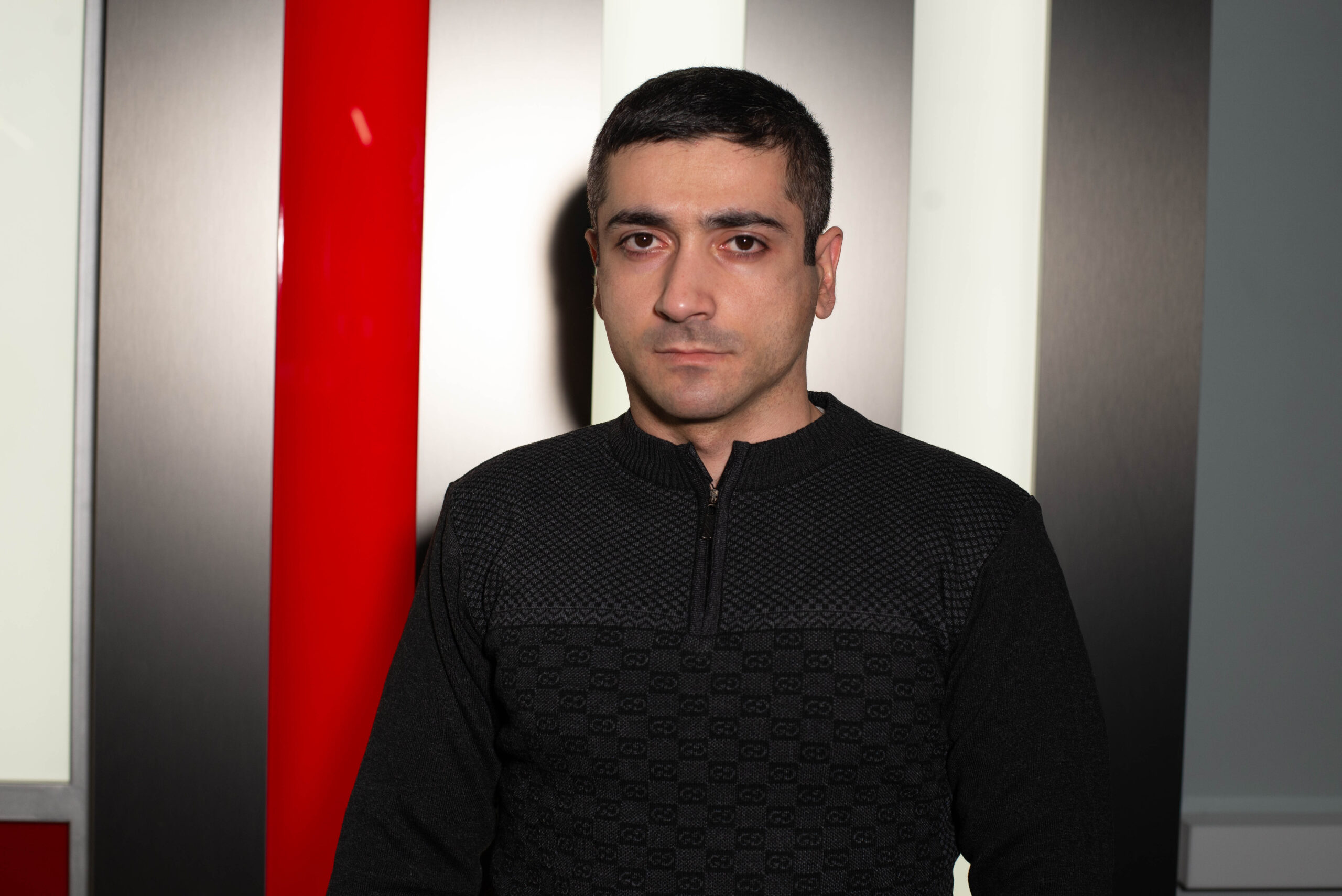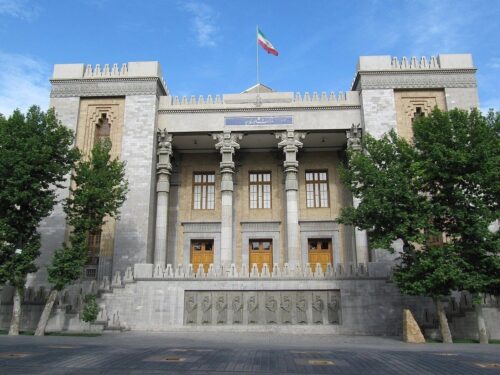
Moscow’s retreat, Iran-Russia relations and Armenia
Iranian President Masoud Pezeshkian will sign a bilateral cooperation agreement during his upcoming visit to Russia, which will, in fact, bring Moscow-Tehran relations to a new level.
To remind, recently, the discussions between Baku and Moscow about the need to open the “Zangezur corridor” caused serious complaints in Iran. Officials of various calibers of the Islamic Republic, starting with the Revolutionary Guard Corps, issued statements calling on the states of the region, and especially Russia, to respect the borders of Iran’s neighboring countries. The reasons for Tehran’s constant sharp stance on the so-called “Zangezur Corridor” are clear and understandable. In this regard, the main fear of the Islamic Republic is that Baku can impose its control over this corridor on the weak-willed authorities of Armenia. Which, in the end, will lead to the fact that Iran will lose its direct connection with its northern neighbor, Armenia. And, in this case, it was completely understandable that if Moscow continues to defend the pro-Turkish position regarding the “Zangezur corridor”, Tehran could take drastic steps and even sever the deepening Russian-Iranian strategic relations. Considering this situation, various theorists express the opinion that, in fact, Tehran’s behind-the-scenes threats to Moscow have produced results. And, that is why, Russia changed its official stance regarding the “Zangezur corridor”, defending Iran’s point of view. Such an explanation of the situation may be true to some extent, especially when we combine this fact with the one that Secretary of Iran’s Supreme National Security Council Ali Akbar Ahmadian met with Russian President Vladimir Putin at the BRICS conference in Saint Petersburg. It was followed by Secretary of Russia’s Security Council Sergei Shoigu’s visit to Tehran, during which he met with his colleague, Ali Akbar Ahmadian. These visits show that a serious dialogue has developed between Iran and Russia in the political backstage. Taking into account this, as well as the change in Russia’s stance, some theorists come to the conclusion that Tehran was able to force Moscow to take a step back. However, a question arises as to whether it was only the Tehran factor that influenced Russia’s stance, or whether there were other circumstances as well. It is natural that Iran’s sharp statements, as well as behind-the-scenes threats directed at Moscow, had their impact on the change in Russia’s stance.
But it will be wrong to say that this was the only factor. Various Western media said that Russia, supporting Azerbaijan’s position on the “Zangezur corridor”, is trying to extract an agreement from the Turkish-Azerbaijani tandem, under which Russian troops should exercise control over that corridor. Western media explained this desire of Moscow by the fact that the latter has economic expectations from road communications from Azerbaijan to Turkey through the “Zangezur corridor” and for that reason forces Armenia to make concessions in favor of Azerbaijan. However, as we have noted many times, the so-called “Zangezur corridor” or “Middle corridor” will be an addition to the Trans-Caspian communication channels, serving the economic interests of the West, not Russia. The Trans-Caspian routes connect the West with China and the Far East. For Russia, it has very little—if not zero—economic significance. It is also clearly visible from the road map of the Trans-Caspian routes, looking at which it is not difficult to guess that the “Zangezur corridor”, opening the way from Azerbaijan to Turkey, will become an important component of these routes.
Road map of the Trans-Caspian routes
Moscow’s only interest in this case was that if it was possible to get an agreement from the Turkish-Azerbaijani tandem that the road would be controlled by the Russian army, it would give Moscow additional leverage to control not only Turkey, but also Western states. But later, at the instigation of the West and with Turkish-Azerbaijani agreement, information spread that it is advisable for the so-called “Zangezur corridor” to be guarded by some “neutral” mercenary troops or security service. And already here in Moscow, they understood that they could once again find themselves in a political trap, being deprived of both their possible control over the “Zangezur corridor” and the friendship of a powerful country like Iran. In this case, Russia was forced to take the path of least losses, choosing to continue cooperation with Iran and giving up the illusions of control over the corridor.
Thus, it is the regional and extra-regional states that decide what should pass through Armenia, or whether it will pass at all. And until then, thanks to its immature authorities, Armenia continues to remain in the state of total tolerance (biological death) in medical terminology. Thus, the people can only rely on the interests of another state, which may coincide with their own, but this already resembles the behavior of stateless nations.
Ashot Barekyan




